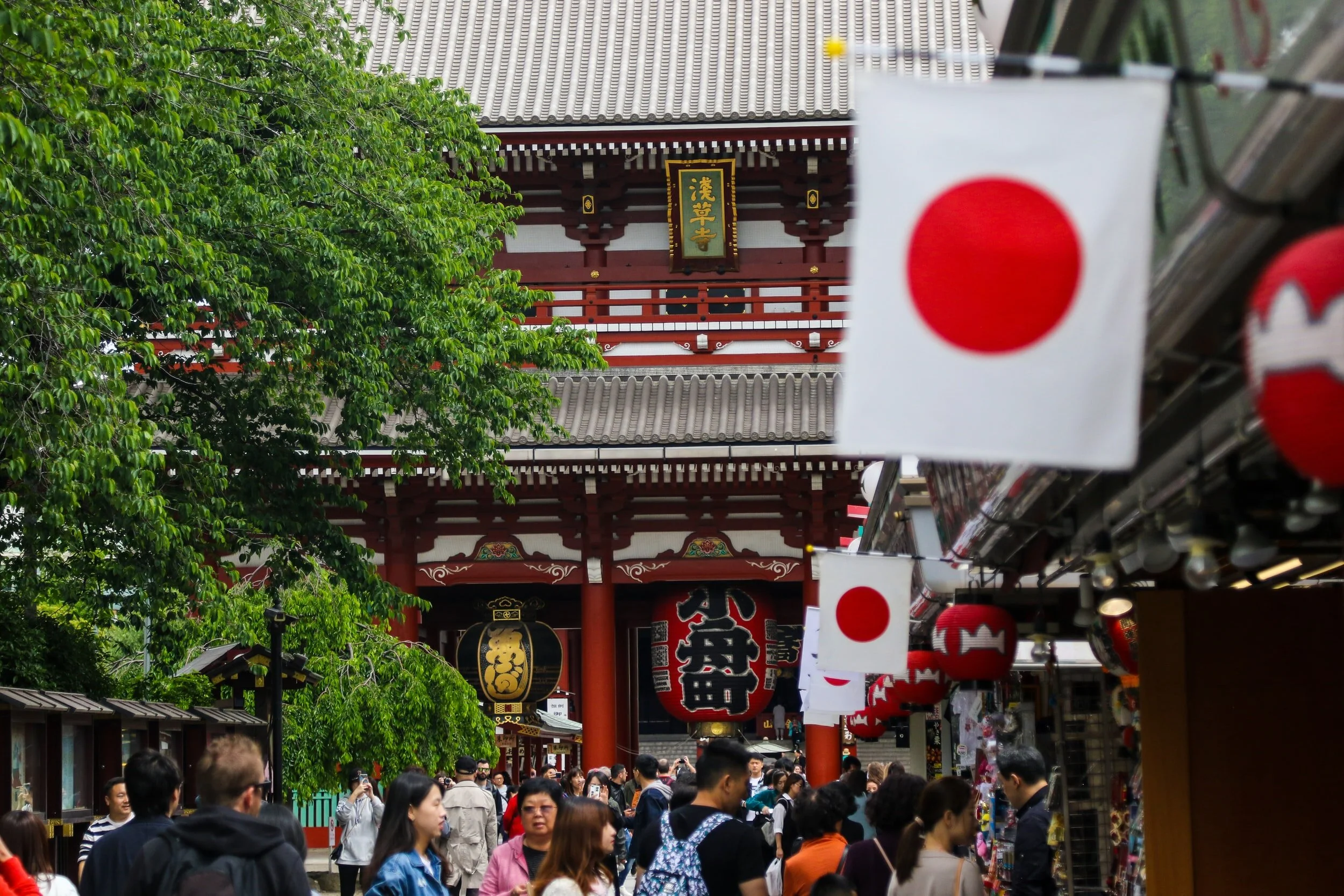The Ongoing Hate Speech and Freedom of Expression Debate in Norway
By: Tessa Mallett.
In November 2020, Norway expanded its hate speech law to protect transgender and bisexual individuals. While many view this as the right step forward, others believe this will further restrict freedom of expression in Norway.
Read More
Compulsory Licensing: How Developing Countries can access the COVID Vaccine
By: Adara Manamperi.
As the WTO delays the creation of a proposal which allows intellectual property rights to be waived with regards to the COVID-19 drugs and vaccines, thus allowing developing countries to use the drugs and vaccines, the question still remains what these developing countries can do if the proposal is denied. Under existing WTO agreements and declarations, there are some possible ways that these developing countries can perhaps have access to these drugs and vaccines.
Read More
Electronic Waste in Nigeria Sheds Light on the Ongoing Problems of Environmental Racism
By: Margaret Marshall.
What happens to your electronics when you throw them away? This blog post delves into electronic waste “e-waste” and how Nigeria has become a dumping ground for Western nations, like the United States, to throw away unwanted electronics. E-waste has not only polluted Nigeria’s environment and people, but it has also shed light on the issues of environmental racism.
Read More
Child Marriage is Still a Persistent Problem in Canada
By: Jasmine Shafquat.
Canada has avidly advocated for the end of child marriage abroad. Yet, interestingly enough, child marriage is still a persistent problem within the country’s own borders. This finding has shown that additional domestic changes are needed in order for Canada to truly advance the global effort to end child marriage.
Read More
Alexei Navalny and People vs. President Putin’s Russian Federation: Russian Rights Violations of Opposition
By: Konrad Starostka.
Navalny’s assassination attempt has fueled protests across Russia. However, Russia continues to defy international treaties to suppress its opposition.
Read More
The Eradication of Greenland’s Young Men
By: Peter Veldkamp.
Suicide rates in Greenland, particularly among young men, are largely unknown, despite being the highest in the world. This article explores some of the leading theories as to why such a phenomenon continues to exist.
Read More
Abolishing the Death Penalty for Minors in Saudi Arabia
By: Alexandra Welke.
Saudi Arabia continues to use the death penalty as a punishment for certain crimes. Recently, Saudi Arabia announced a new law that will prohibit the use of the death penalty on minor offenders. However, it remains uncertain whether the new law will be passed and when the minors on death row will be resentenced.
Read More
Taxes and the Global Digital Economy
By: Megan Wilson.
Online spending was already increasing, but global shutdowns and stay-at-home orders accelerated that transition. In a world that has typically taxed based on physical presence, governments are experimenting with new ways to ensure they receive the revenue necessary to function.
Read More
Youngest Alcoholics in the World? How Germany’s Regulatory Scheme May Contribute to a Harmful Alcohol Culture
By: Emily Bengel.
In Germany, youths are allowed to purchase and consume beer and wine in public without supervision at age 16. The hands-off nature of Germany’s alcohol regulatory scheme would seem to be an effort to reduce the negative effects of alcohol on society. The problem is that it seems like the system is not working, as Germany’s public is no less alcoholic than the rest of the world.
Read More
South African Government is Addressing Gender-Based Violence, but Numbers Continue to Increase
By: Mary Bradley.
South Africa has one of the highest rates of gender-based violence in the world and President Cyril Ramaphosa has taken steps to address the issue. However, murders following COVID-19 lockdowns underscore the country’s immediate need to implement laws and protections for women.
Read More
An American in Italy; Practicing Law Overseas with an American JD
By: Gary Cooper.
It is more difficult to be an American attorney to live in Italy than it is for European attorneys. However, there are options, including working as an international attorney focusing on American law.
Read More
There Can Be Only One: Mexico Has One Gun Store but a Proliferation of Guns
By: Dominick Cortez.
Mexico’s firearms laws only allow one dealer to sell guns within the country, but guns are everywhere including in the hands of criminals like the drug cartels. Citizens find it exceptionally hard to obtain guns and find the process to obtain guns counterintuitive to the necessary function of self-defense. Mexico needs to find a balance between the police powers of the state and allowing its citizens the right of self-defense especially with the violent and corrupting force of the drug cartels in Mexico.
Read More
Hardly Democratic: Myanmar’s 2020 Election Issues
By: Kevin Cowan.
(this post was written in October 2020)
Several factors including COVID-19, voter disenfranchisement, and a problem riddled constitution threaten Myanmar’s democratic processes.
Read More
What Is Going on in Armenia? A Not-So New Regional Conflict Emerges Again
By: Joseph Giacalone.
(This article was written in October 2020)
One regional conflict that has received international interest over the past four decades has been the ongoing regional disputes between Armenia and Azerbaijan. The result of this bloody, undeclared, and unofficial war between the secessionist ethnic Armenians in Nagorno-Karabakh and the Azerbaijani government resulted in ethnic cleansing on multiple occasions. This does not look like a conflict that will come to a swift resolve soon.
Read More
Brexit’s Detrimental Impact on the Premier League
By: Bradley Harrah.
This article examines the new immigration system implemented by the UK following Brexit and the difficulties it poses for the English Premier League.
Read More
Easy Livin’ in Canada—Adverse Possession is Only a Couple Elements Away
By: Douglas Johnson.
Whether in the U.S. or Canada, the doctrine of adverse possession is applied in largely the same way, and similarly, property owners in both countries are equally displeased with it. Luckily for Canadians, some Canadian courts have entertained an additional element—inconsistent use—not seen in U.S. jurisprudence and strongly in favor of true landowners’ rights.
Read More
A Comparison of the Reservation System in India to Affirmative Action Policies in the United States
By: Simonne Kapadia.
India’s Reservation System predates Affirmative Action in the United States. However, both policies serve similar goals and garner similar criticisms.
Read More
Japan’s Coronavirus Response: Sometimes Less is More
By: Andrew Malec.
Constitutional scholars from Japan believed that constitutional amendments would need to be enacted in order for the Japanese government to mandate a stay-at-home order. However, through localized, self-isolation measures the country’s coronavirus numbers have been under control and a free COVID vaccine has been promised to its citizens.
Read More
Go Hard, Go Early: Analyzing New Zealand’s Approach to the COVID-19 Pandemic
By: Tessa Mallett.
Since the beginning of the COVID-19 pandemic, New Zealand’s elimination strategy to has been one of the best so far. This post discusses what made it so successful and its potential longevity.
Read More
What to Make of the “Safeguarding National Security” Legislation
By: Adara Manamperi.
The National Security Law, passed by Beijing, is quite new and has already been met with pushback, both nationally and internationally. What does this legislation mean for Hong Kong residents, and what could its result be upon Hong Kong’s future sovereignty from China?
Read More




















